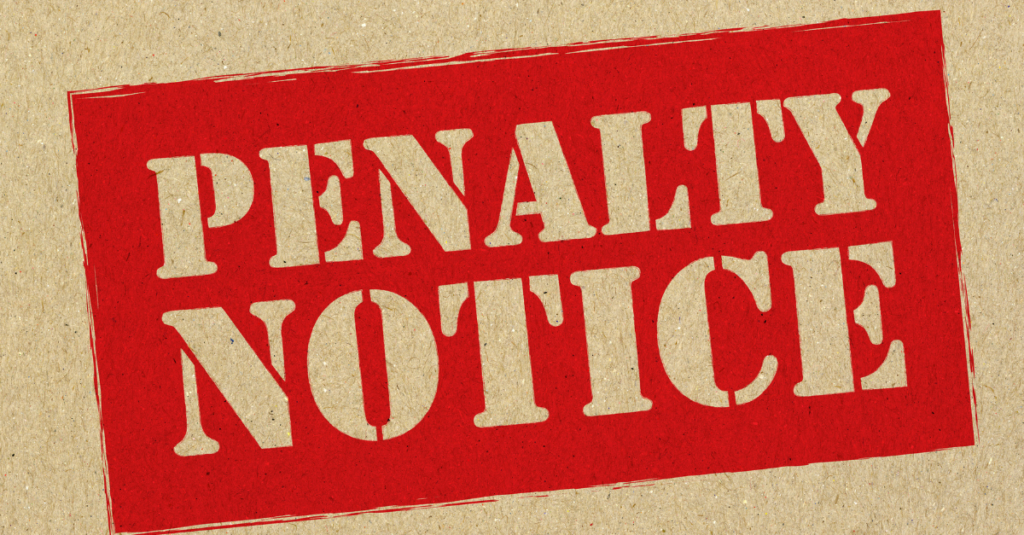This article originally appeared in Padilla Law PLLC
In a move that has caught the attention of entrepreneurs and investors across the United States, the Corporate Transparency Act (“CTA”), which went into effect on January 1, 2024, is expected to impact more than 32 million entities.
The current administration will now require almost all startups and small businesses with state-filed entities to report their ownership details, a move that some view as unprecedented and burdensome. It is important for entrepreneurs and investors to understand how the CTA’s broad coverage could impact them since noncompliance could expose individuals to criminal and civil penalties.
What Businesses Are Affected?
Any U.S. entity created by filing a document with a secretary of state or any similar office under the law of a state, such as corporations, LLCs, and LPs.
Any foreign entity registered to conduct business in the United States.
There are 23 exempt entities, such as banks, SEC-reporting companies, insurance companies, and public accounting firms. Another exemption exists for any entity that (1) employs more than 20 full-time employees in the United States, (2) reports more than $5 million of revenue from U.S. sources on a consolidated basis for the previous year, and (3) operates and has a presence at a physical office in the United States.
Any non-exempt company is considered a “Reporting Company.” Thus, this is a requirement squarely aimed at small businesses and startups.
What is the BOI Report?
In a Business Ownership Information report (“BOI Report”), a Reporting Company must furnish its (1) full legal name, (2) trade names or d/b/a names, (3) entity address, (4) formation/registration jurisdiction, and (5) federal taxpayer identification number. For more information on BOI Reports, see .
A Reporting Company must also provide details about individuals holding a direct or indirect ownership interest of at least 25% in the company or exercising substantial control over the company. The Reporting Company must provide such an individual’s (1) legal name, (2) birthdate, (3) home address, (4) identifying number from a driver’s license, passport, or other authorized documents, and (5) image of the approved document containing the identifying number.
Any individual authorized to act on the Reporting Company’s behalf may file this report.
The Purpose Of The New Requirement Is To Share With Law Enforcement
The information provided in the BOI Report is collected in order to share with law enforcement at the federal, state, and local levels, other federal regulators, or financial institutions. It is intended to enhance transparency in the ownership and control of U.S. entities to combat money laundering, tax fraud, and other unlawful activities.
Compliance Deadlines Are Fast Approaching
A Reporting Company formed before January 1, 2024, must file its BOI Report by January 1, 2025.
A Reporting Company formed on or after January 1, 2024, but before January 1, 2025, must file its BOI Report 90 days after creation or registration.
A Reporting Company formed on or after January 1, 2025, will have 30 days to file its BOI Report.
A Reporting Company has a 30-day window to amend its BOI Report with updated information.
Penalties for Noncompliance
The CTA imposes both civil and criminal penalties for noncompliance or falsified information.
- Civil Penalties: Individuals providing false information or failing to adhere to reporting requirements may face civil penalties of up to $500 for each day the violation continues.
- Criminal Penalties: Violators may face criminal penalties, including imprisonment for up to two years and fines of up to $10,000.
Update
While billed as a crime stopper, there were 23 exemptions to BOI reporting that left just startups and small businesses bearing the brunt of this new filing requirement and creep into Big Brother territory.
Our CEO, José Padilla, had this to say about the news:
“This was making lawyers alot of money, and letting the government track every single small business owner… I’m glad to see this go. Big brother stifles innovation, and USA is the one of the last remaining outposts of innovation.”
You can read more about the news here.
This article lays out certain requirements and information related to the federal Business Ownership Information reporting requirement, but please note that this article (1) is not provided in the course of and does not create or constitute an attorney-client relationship, (2) is not intended as solicitation, (3) is not intended to convey or constitute legal advice, and (4) is not a substitute for obtaining legal or tax advice from qualified professionals.
How Can I Get Legal Assistance?
Overcoming the difficulties and confusion of complying with regulations can be difficult. LegalMente AI can assist if you require any individualized support or have inquiries regarding the filing procedure at very minimal costs. To ensure your business remains compliant, use our “Contact an Attorney” feature in LegalMente AI to receive professional guidance from a licensed attorney under your budget (such as Padilla Law PLLC.)



